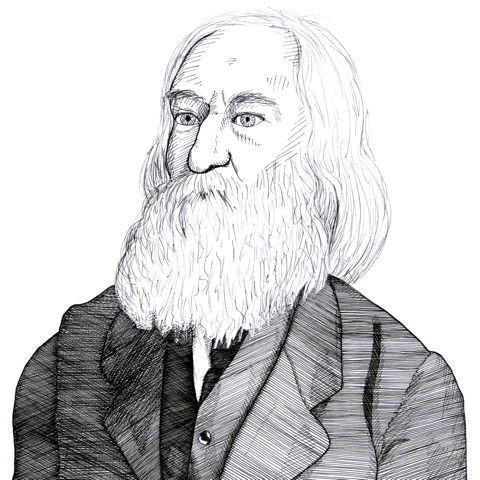
Lysander Spooner on the idea that laws against “vice” (victimless crimes) are unjust (1875)
Found in: The Shorter Works and Pamphlets of Lysander Spooner, Vol. 2 (1862-1884)
The radical American individualist legal theorist and abolitionist Lysander Spooner (1808-1887) argues in a collection of essays on the prohibition of alcohol that all laws against “vice” were unjust, immoral, and counter-productive, and that practising a vice was no crime at all:
Food & Drink
VICES are those acts by which a man harms himself or his property.
Crimes are those acts by which one man harms the person or property of another.
Vices are simply the errors which a man makes in his search after his own happiness. Unlike crimes, they imply no malice toward others, and no interference with their persons or property.
In vices, the very essence of crime—that is, the design to injure the person or property of another—is wanting.
It is a maxim of the law that there can be no crime without a criminal intent; that is, without the intent to invade the person or property of another. But no one ever practises a vice with any such criminal intent. He practises his vice for his own happiness solely, and not from any malice toward others.